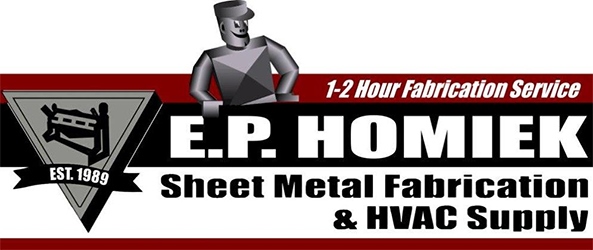COMPRESSOR FAILURE: Common Causes and Practical Solutions
- Posted on January 14, 2022
- by admin
- in Blog_Posts
- Comments Off on COMPRESSOR FAILURE: Common Causes and Practical Solutions
One of the biggest mistakes an HVAC contractor can make when a compressor fails is simply replacing the compressor without determining exactly why it failed. If the cause of the failure is not established and corrected at the time of replacement, it is highly likely that the new compressor will fail as well. Repeated compressor failure is not just costly for the customer, as it can result in loss of business and damage to the reputation of the HVAC company reputation.
Compressors can fail for a variety of reasons. Here are the five most common things HVAC service technicians should look out for:
Refrigerant flood back occurs during the running cycle when large volumes of liquid refrigerant are returned to the running compressor down through the suction pipe work in an uncontrolled manner. There are numerous causes of flood back including low evaporator loads, oversized equipment, poor cold room circulation, faulty evaporator fans, oil logging in evaporator, poor evaporator defrosting or defrost schedules, and oversized expansion valve orifice.
Flooded starts happen when liquid refrigerant migrates from the system and condenses into the compressor oil. It is typically caused by system overcharge, crankcase temperature lower than evaporator, long “off” cycle times, compressor located in a cold, windy environment, faulty crankcase heater, one-time pump down control (rather than continuous), or leaky solenoid valve.
Liquid slugging results when large quantities of refrigerant enter the compressor and mix with the lubricating oil in the sump. It can cause damage to suction and/or discharge valve reeds, springs, and valve assembly, piston crowns, scored cylinder bores, pistons, and rings, broken con rods, and broken crankshaft. Liquid slugging can usually be prevented by correcting refrigerant flood back and flooded starts.
Overheating has numerous causes, including too-high compression ratios, too-low suction pressure, too-high discharge pressure, and too-high suction superheat, to name a just few. To prevent compressor overheating, adjust settings to design specs, rectify condenser issues, adjust suction superheat, and check all system pressures and temperatures.
Lack of lubrication occurs when oil is a) degraded due to overheating or contaminated by liquid migration, b) blocked from reaching the bearings, or c) loss of oil in the system. Oil loss can be caused by control stat short-cycling, oil traps within the piping, loss of gas charge, poor pipe work design, excess oil in the system, or insufficient oil charge in the system due to long pipe runs.
About E.P. Homiek
E.P. Homiek Sheet Metal Fabrication & HVAC Supply, with two convenient locations in Lakewood, NJ and Union, NJ, provides one- to two-day turnaround on all residential and light commercial ductwork, as well as one- to two-hour emergency fabrication service, rapid delivery, and competitive prices. HVAC parts, supplies, and equipment lines include Goodman, Honeywell, Bryant, Bradford White, Crown Boiler, Daikin, Weil-McLain, Sea Breeze, Generac, Fantech, ZM, A.O. Smith, Hart & Cooley, Malco, Mueller, and many more.
If you enjoyed this article please consider sharing it!




